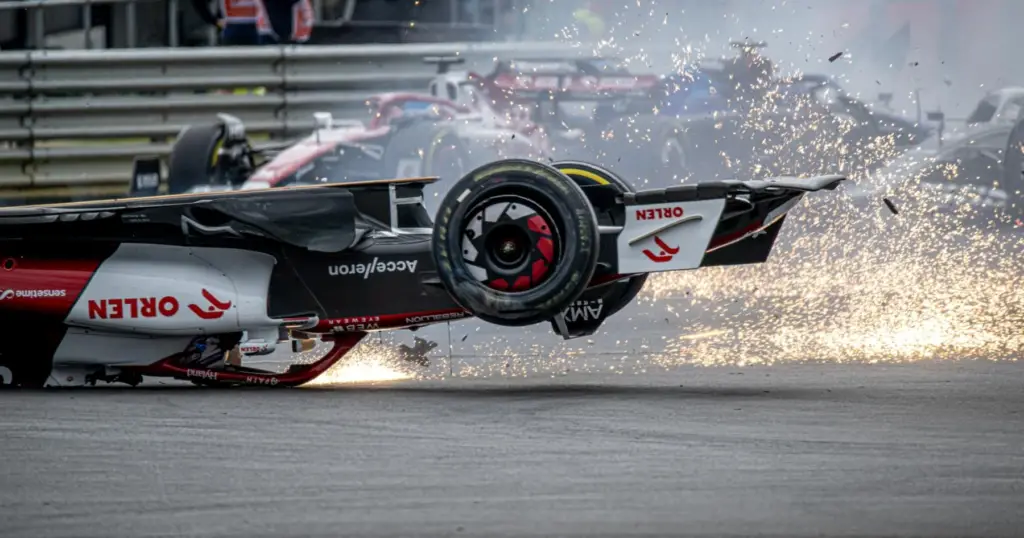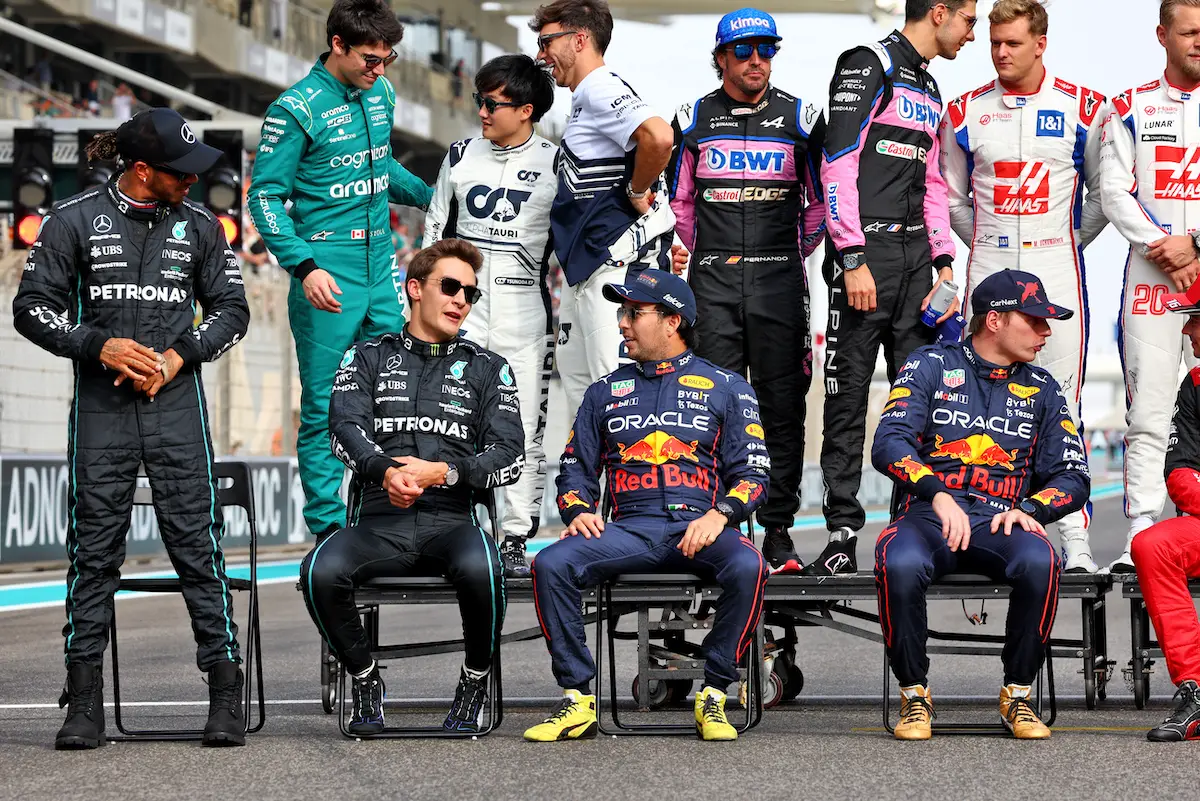An F1 driver is often considered to have reached the pinnacle of motorsport. They operate with a captivating blend of speed, precision, and high-stakes decision-making. But what many may not realize is that driving at speeds of over 200 mph requires more than just physical prowess and a keen understanding of the car’s mechanics.
Mental strength and conditioning are just as vital to a driver’s success. An F1 driver faces so many different pressures compared to a normal member of the population – including, facing their fears, overcoming failures, preventing distractions and the ability to focus under incredible physical and mental pressures.
In this article, we’ll delve into the significance of mental training for an F1 driver, offering insights into why it’s crucial and how it’s implemented.
The Importance F1 Driver Mental Fitness
At the pinnacle of any sport the difference between a champion and a runner up is often in the athlete’s mind. F1 drivers have a unique set of mental pressures that are not always experienced by other sports people.
F1worldwide.com Recommend
- What Do F1 Drivers Eat? A Guide to F1 Ntrition and Diet
- How Often Do Formula 1 Drivers Practice?
- F1 Drivers Salaries
The mental pressures that an F1 driver are exposed to are listed below.
F1 Driver – Concentration under Pressure

Navigating a racetrack with 19 other drivers vying for position demands an immense level of focus. One minor lapse in concentration can lead to catastrophic consequences.
Through mental training, F1 drivers learn to maintain their focus for extended periods, even when under immense stress.
F1 Driver – Decision Making at High Speeds
Split-second decisions are a norm in F1. Whether deciding when to overtake, determining tire strategy, or reacting to a sudden change in race conditions, these decisions can make the difference between winning and losing.
Mental training helps hone a driver’s decision-making skills, ensuring they make the right call in the heat of the moment.
F1 Driver – Overcoming Fear

Crashes, though unwanted, are a part of motorsport. To get back in the cockpit after a serious incident requires immense mental fortitude.
Drivers need to overcome the fear and self-doubt that can creep in after such events.
F1 Driver – Overcoming Failure

All sports people go through a slump at some point in their career. When this happens in F1 it is incredibly difficult to overcome the thoughts of failure or the driver has passed their prime.
Mental toughness in F1 means that the driver has to forget what happened in the past and focus on the current race.
Methods of Mental Training for an F1 Driver
There are several techniques that many drivers use to help them develop mental toughness.
F1 Driver – Visualization Techniques
Before a race, many F1 drivers visualize their laps. This helps them anticipate the track’s challenges and prepares them for potential scenarios. This technique can also boost a driver’s confidence, helping them approach the race with a winning mindset.
Formula 1 Driver – Meditation and Mindfulness
By embracing meditation and mindfulness practices, drivers can enhance their concentration, stay present during the race, and manage stress more effectively. These techniques also aid in recovery, helping drivers calm their minds and refocus after a challenging stint.
Formula 1 Driver – Cognitive Behavioral Therapy (CBT)
Some drivers work with psychologists who use CBT to identify and challenge negative patterns of thinking. This can be especially beneficial for drivers who struggle with self-doubt or anxiety.
Formula 1 Driver – Simulator Sessions

Modern F1 teams utilize highly advanced simulators. While these are vital for understanding a car’s performance and developing race strategies, they also serve as mental training tools. Drivers can practice their concentration, decision-making, and reactions in these controlled environments.
Challenges of F1 Driver Mental Conditioning
While the benefits of mental training are evident, it’s not without its challenges. The high-pressure environment of Formula 1, coupled with the intense scrutiny from media and fans, can be overwhelming. Drivers often need to juggle their on-track commitments with media duties, sponsor engagements, and personal life. This makes maintaining a consistent mental training routine difficult.
Moreover, every driver is unique. What works for one may not work for another. Customized approaches are essential, requiring the involvement of sports psychologists who understand the specific needs and challenges of each driver.
Conclusion
Formula 1 is not just a test of a driver’s physical abilities but also their mental strength. While the roar of the engines, the thrill of overtakes, and the strategy of pit stops capture our attention, the unseen battles happen within the drivers’ minds. The rigorous mental training that F1 drivers undergo is a testament to the sport’s complexity and the holistic approach required to excel.
In a world where milliseconds can make the difference between victory and defeat, mental conditioning is as essential as physical training. For those looking to understand the complete essence of Formula 1, recognizing the significance of mental training offers a comprehensive view of what it truly takes to be at the top of this elite motorsport.

